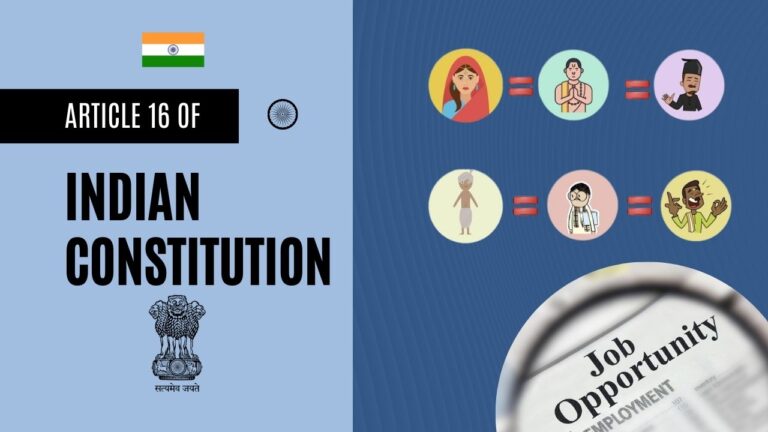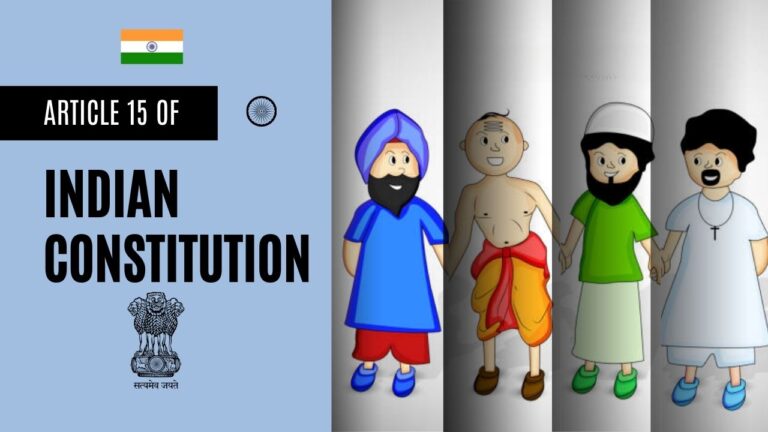Article 19 of Indian Constitution: Protection of certain rights regarding Freedom of speech, etc
Original Text of Article 19 of Indian Constitution: Article 19 (1) All citizens shall have the right- to Freedom of speech and expression; to assemble peaceably and without arms; to form associations or unions 2[or co-operative societies]; to move freely throughout the territory of India; to reside and settle in any part of the territory…


